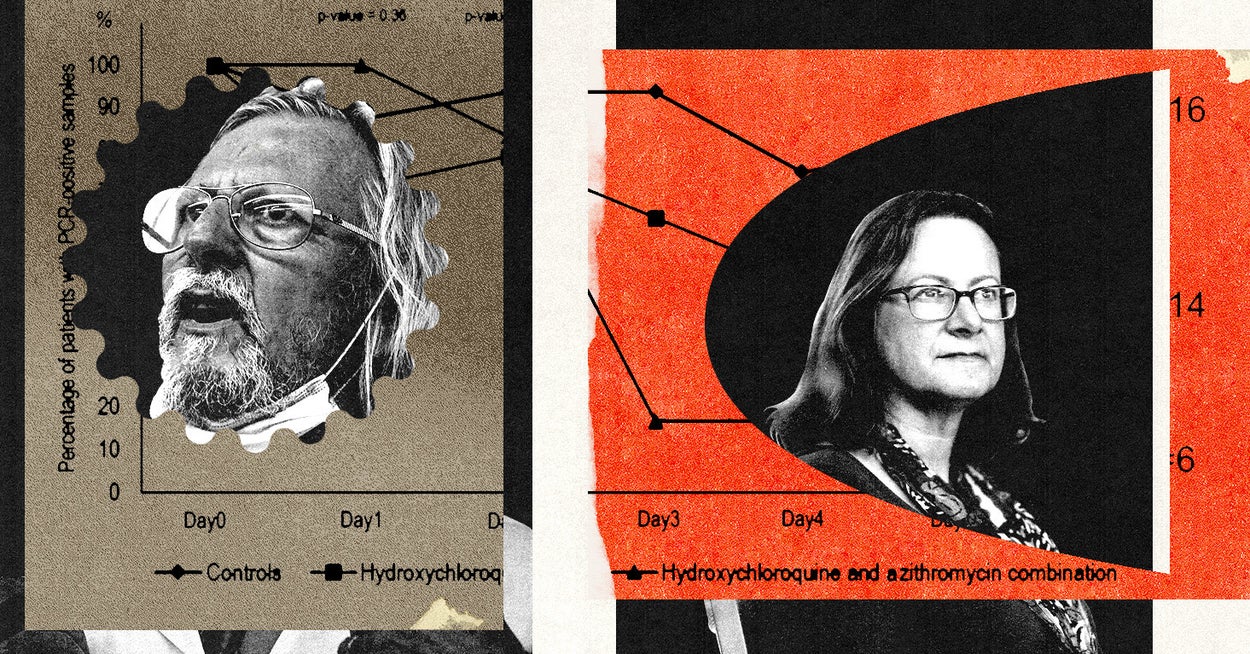The Federal Energy Regulatory Commission has come to the Biden administration’s aid to prevent the construction of critical energy infrastructure. President Biden is now poised to impose a Democratic supermajority on this historically bipartisan commission, with the likely consequence that Americans and our European allies will face catastrophic energy shortages this winter and beyond.
FERC may not be a household name, but it exercises enormous authority. Its five commissioners regulate the interstate transmission of electricity, natural gas and oil; review proposals to build liquefied-natural-gas terminals and interstate gas pipelines; and even approve hydropower project licenses.
No more than three of its members may belong to the same political party, and past presidents of both parties routinely made cross-party nominations to preserve the agency’s tradition of bipartisanship. In sharp contrast, Mr. Biden has sought to use FERC not only to regulate our energy system but as a chokepoint to kill fossil-fuel infrastructure.
Mr. Biden’s chosen chairman,
Richard Glick,
has dutifully executed this agenda. In February Mr. Glick led a 3-2 vote to transform radically FERC’s policy for approving natural-gas pipelines and export terminals, adding the consideration of upstream and downstream greenhouse-gas emissions to pipeline-permitting analysis. The policy further encouraged project sponsors to propose “mitigation” measures for these emissions or, presumably, face summary rejection.
Mr. Biden has renominated Mr. Glick to a second five-year term on the commission with the hope that he will be able to exercise even more influence once Republican Commissioner
James Danly’s
term expires next summer. Minority-party commissioners serve a crucial role in keeping FERC accountable by flagging illegal actions for judicial review and congressional oversight. Even a talented conservative such as Commissioner
Mark Christie
will be hard pressed if outnumbered by Democrats 3-1.
The status quo is already dire. As Sen.
Joe Manchin
(D, W.Va.) has noted, we are currently in a system where, “no matter what you want to build, whether it’s transmission pipelines or hydropower dams, more often than not, it takes too long and drives up costs.”
So far, Mr. Manchin and his colleagues have managed at least to delay Mr. Glick’s war on fossil fuels. As chairman of the Senate Energy and Natural Resources Committee, Mr. Manchin held a hearing last spring during which he dressed down Mr. Glick and his Democratic fellow commissioners for their partisan greenhouse-gas policy that would set in motion “a process that will serve to further shut down the infrastructure we desperately need as a country and further politicize energy development.”
Mr. Glick responded by pausing the implementation of the review standards and relabeling his policy as a draft on which FERC would take comment. But under Mr. Glick’s leadership, pipeline and export-terminal approval has nevertheless proceeded at a glacial pace. Dozens of critical projects are still pending, while our allies in Europe are facing an energy crisis caused in part by America’s inability to export enough natural gas to replace what Europe previously obtained from Russia.
Mr. Glick’s fate is now in the hands of Mr. Manchin, whose committee oversees FERC and vets its nominees. Mr. Manchin will ultimately decide whether to schedule Mr. Glick’s confirmation hearing. He shouldn’t—yet. Instead, Mr. Manchin should demand that Mr. Biden pair Mr. Glick with a principled Republican and advance the nominees to a confirmation hearing only as a bipartisan pair. The obvious choice is to renominate Mr. Danly, who has been an unflinching voice for the rule of law and climate realism.
There’s precedent supporting such an arrangement. In 2007, then-FERC Chairman
Joe Kelliher,
a Republican, didn’t receive a hearing until President Bush renominated a Democratic companion,
Jon Wellinghoff,
to accompany him. When Mr. Manchin supported Mr. Danly’s previous nomination to FERC in 2020, he urged that future nominees be paired to preserve the commission’s bipartisan character. A pre-emptive nomination of a second commissioner would also ensure that FERC doesn’t lose its quorum before Mr. Biden’s term is up, leaving it incapable of approving any projects.
This winter will be a crucial test of American energy. Mr. Glick knows this: “People are going to suffer.” Our shortsighted energy policies have left much of the country and the Western world facing sky-high natural-gas prices and potential blackouts. The Biden administration has already ensured this winter will be painful in the U.S., and torture in Europe. But Mr. Manchin can take a step to stop the bleeding and refuse to advance Mr. Glick without a paired Republican nominee.
Mr. Gray served as White House counsel (1989-93) and U.S. ambassador to the European Union (2006-07).
Copyright ©2022 Dow Jones & Company, Inc. All Rights Reserved. 87990cbe856818d5eddac44c7b1cdeb8













